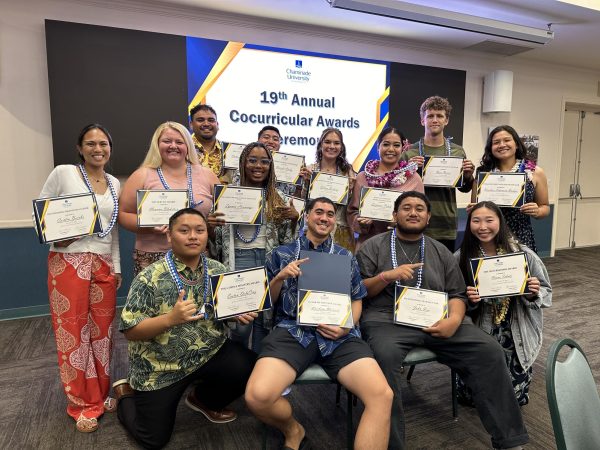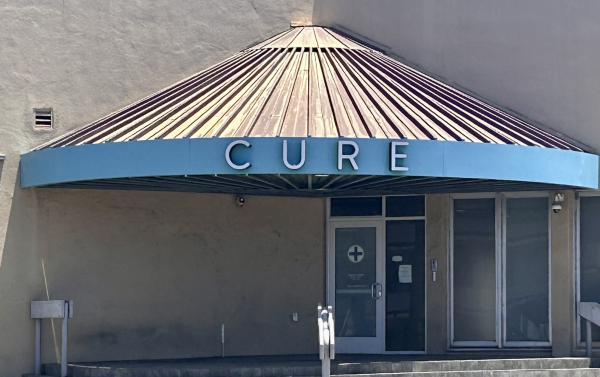Common sense is not common
Personal hygiene is important, so why do we forget?
October 28, 2016
There are times we all just nod our heads, facepalm and just question humanity’s intelligence. It’s often not so common as we think. Here are moments where people forget common sense.
1. Staring at people with physical disabilities
Curiosity is both a blessing and a curse. It’s good for motivation, but when people in a wheelchairs pass you or with injuries or conditions, it is straight out rude to stare at them. People who have greater disabilities often have to build courage to step outside and live a normal life, and with people staring them down, it doesn’t make it any easier.
2. Not washing hands
At home as children, our parents would remind us to wash our hands constantly, before or after dinner and after going to the bathroom. At times the thought might be dreadful as a kid, but as we get older we understand what germs are. We become all grown up, we get better, but not all of us. According to British newspaper Daily Mail in 2015, 62% of men and 40% of women do not wash their hands after using a toilet. You might cringe when hearing these numbers, but it is true.
3. Giving out credit card information
More “common” on a global scale, credit cards are perhaps the easiest items to scam. Just like with social security numbers, how often have you received an email from some Nigerian attorneys saying some deceased family member left millions of dollars for you, all you need to do is give your credit card information up and they will transfer you the money.
4. Phone usage while driving
It seems too obvious and like no big deal at first, however, it happens way too often. More than 400,000 people were injured due to cell phone usage in 2014, according to distraction.gov. We all use our phones when driving, but common sense tells us distractions while driving is dangerous, so why do we still use our phones while driving?
5. Drunk Driving
We all have that one friend at a party who has one drink too many but insists on driving home. Drinking and driving is always a bad idea. Although society frowns upon it, the idea always seems to flourish when that last drink is on the table. So why do we commonly all say it’s bad when we always encounter it?
6. Hot coffee is hot
It is self explanatory, that a hot cup of coffee is hot isn’t it? Well, not according to the Liebeck vs McDonald’s lawsuit in 1994. It is because of this lawsuit you see the warning symbol on your hot cup of coffee. But do we really need that warning? Common sense tells us no, but cautions are apparently necessary.
7. Putting objects in the microwave
No, your microwave will not dry your pet or make your phone charge faster. Just because the internet says you should do it, does not mean that you should. In 2014, a 23-year-old woman microwaved her cat after it had taken a dip in a goldfish bowl; she wanted to dry it off. Sadly, the cat died from radiation, according to Daily Mail.
8. Jaywalking
There is a reason why crosswalks exist, it’s because we are supposed to use them. Jaywalking is not only dangerous, but even illegal in some states, and for a good reason. In Hawaii for instance, it’s a $135 fine. Although, the coast is clear, it might be the last corner you cut or expensive, so why risk it?
9. Not letting people out before entering
Getting on a bus or train might be a hassle sometimes, but what people forget is that others are actually getting out of the train or bus as well. Even when entering a building, common sense taught us to let people out before going in. Since when did we forget that?
10. Pay for what you need, then for what you want
We’re all a victim of this. Material wealth is something we all want so we stack up on loans, credit card debt and buy what we want rather than what we need. It’s nice to have a MacBook and iPhone, but what about paying rent, food and shelter first? First-world problems might be true, but it does not mean we should forget life priorities.




